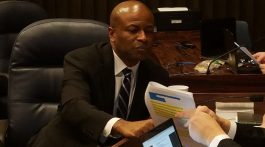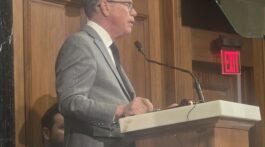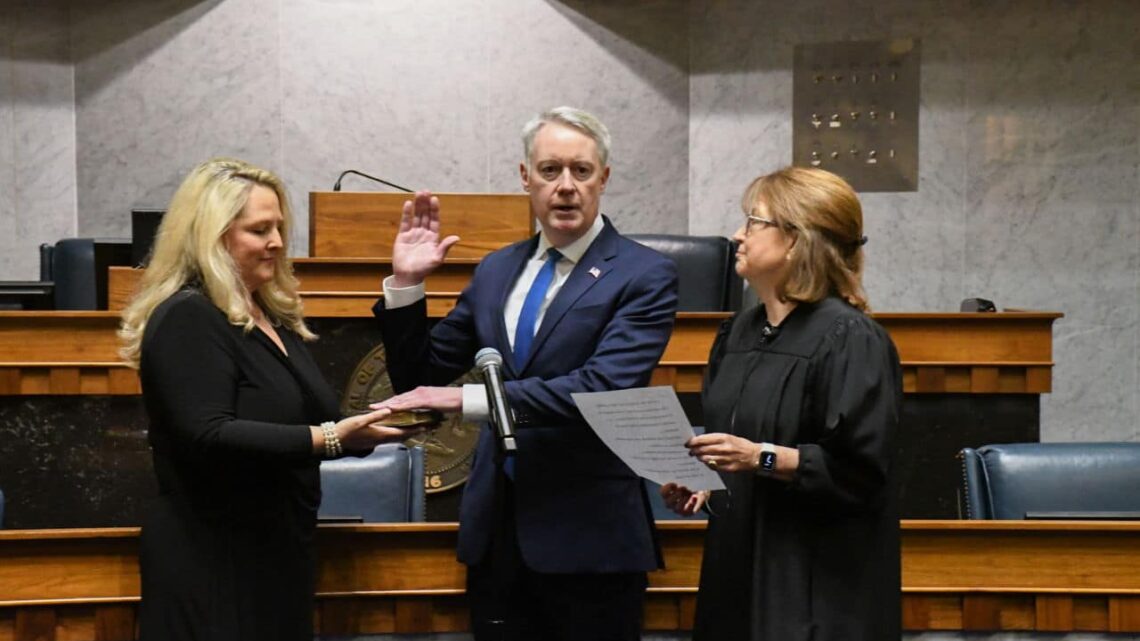State Sen. Greg Goode and his family were the victims of a swatting incident at their Vigo County home Sunday evening. The incident occurred at approximately 5:20 p.m., and the senator confirmed that he and his family were home at the time. No injuries were reported.
In a statement, Goode said a “fake communication was sent to local law enforcement officials,” prompting a police response under what deputies believed to be a domestic violence emergency.
“Vigo County sheriff’s deputies responded to the incident under the impression of a domestic violence emergency. The deputies professionally fulfilled their duty,” Goode said. He added that the incident was “reflective of the volatile nature of our current political environment,” and expressed gratitude that his family was unharmed.
Swatting is a criminal act in which someone makes a false emergency report — often claiming a shooting, hostage situation, or violent domestic incident — to trigger an armed law-enforcement response to an unsuspecting person’s home. The practice is dangerous, illegal, and has resulted in serious injuries and fatalities in other states. Federal authorities consider it a form of hoax terrorism.
Local deputies secured the Goode residence shortly after arrival and quickly determined the report was false. An investigation is underway to identify the source of the hoax. Authorities have not yet disclosed what specific claim was made to dispatchers.
Goode, a Terre Haute Republican who represents Senate District 38, has been the subject of heightened public attention in recent days due to the ongoing redistricting process. It is not yet known whether the swatting incident is connected to that political issue, though questions about the timing are likely to be part of the investigation.
Goode publicly thanked Vigo County Sheriff Derek Fell, Terre Haute Police Chief Kevin Barrett, and the responding first-responder teams “who serve our county and community with bravery and professionalism.”
Swatting incidents have increased nationally over the past decade, targeting public officials, journalists, judges, and other prominent individuals. Indiana lawmakers have previously discussed increasing penalties for false emergency calls, citing their growing frequency and risk.
Officials are expected to release additional details as the investigation continues.
This is a developing story.











